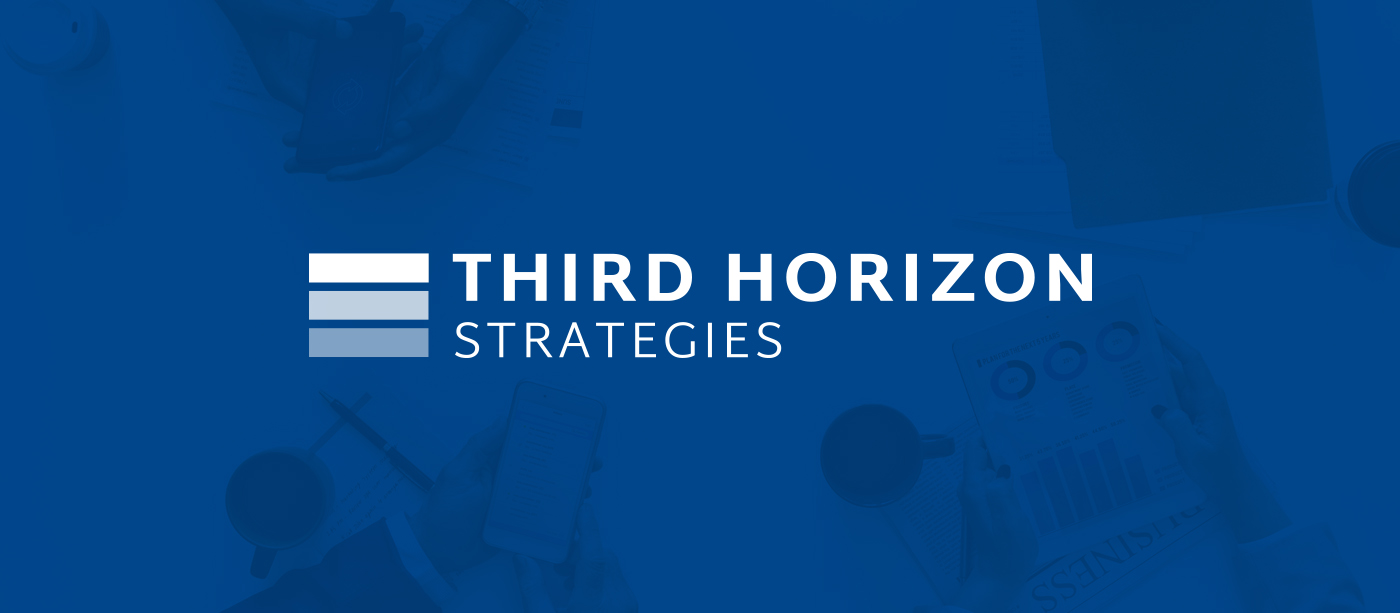TOP NEWS STORIES
Access & Coverage:
D.C. News:
The White House Office of Science and Technology Policy listed “ending the
COVID-19 pandemic” as a first-term science and technology accomplishment of
the Trump administration in a press release, though the U.S. is recording record
levels of infections and health officials have warned the pandemic could worsen
this winter. A spokesperson for the office noted on Twitter that the claim, which touted
the administration’s “decisive actions to engage scientists and health professionals in
academia, industry, and government to understand, treat, and defeat the disease,” was
not included in a report accompanying the release, and said it intended to highlight the
administration’s progress fighting the virus. (Articles here, here, here, and here)
2020 Election:
Democrats and Republicans are engaged in a furious struggle over voting rights,
specifically issues related to voting by mail. Amid the COVID-19 pandemic, many
people would prefer to vote by mail to minimize their exposure to others and risk of
contracting COVID-19 at a polling place. Lawyers have already filed more than 300
lawsuits across 44 states over issues related to pandemic voting, with the most
important cases occurring in the battleground states on which the presidential election or
Senate control could hinge. (Litigation tracker here)
Health IT:
Inequities and SDOH:
The Association of American Medical Colleges (AAMC) announced the creation of
two new entities as part of its strategic plan to address inequities in medical
education, health care, and research. The AAMC Research and Action Institute will
raise the association’s role in policy research and analysis while the AAMC Center for
Health Justice will boost the association’s efforts to address health inequities and
advance health justice through community collaborations. The AAMC also plan to focus
on improving inclusivity and equity in medical schools, teaching hospitals, and health
systems; improving health care access; and helping the association adapt to the
changing health care environment. (Press release here)
Life Sciences:
The federal government will pay Eli Lilly & Co. $375 million for 300,000 doses of its
experimental antibody drug to treat COVID-19 patients. The company said the doses
will be delivered within two months of the drug receiving emergency authorization from
the FDA, which Lilly applied for to treat patients with mild to moderate COVID-19 earlier
this month. The deal, which comes days after the treatment showed no benefit for
hospitalized patients in a clinical trial, means patients would pay no out-of-pocket costs
for the drug, though health care facilities can charge to administer it, and says the U.S.
could purchase an additional 650,000 doses through June 2021. (Article here)
Pfizer CEO Dr. Albert Bourla revealed that that researchers have not yet
conducted an analysis of the efficacy of the vaccine it is developing against
COVID-19, making it nearly impossible to have vaccine results by this month. The
company had previously set a goal to have proof of efficacy in October. Bourla said that
36,000 of the 42,000 volunteers enrolled in the late-stage trial have already received the
second of its two-dose COVID-19 vaccine. Despite the efforts – and billions of dollars
spent – by the federal government and drug companies, a vaccine could still be months
away. (Articles here, here, here, here, and here)
The COVID-19 pandemic has been a boon for labs and companies involved with
coronavirus testing. More than 20 percent of Thermo Fisher Scientific Inc.’s third-
quarter revenue was tied to COVID-19 tests, equipment, and services, helping the
company reach what CEO Marc Casper described as ” a truly spectacular year.” Lab
testing giants Laboratory Corp. of America Holdings and Quest Diagnostics Inc. also
recorded upticks in earnings and profits. (Article here)
M&A:
Opioid/Substance Use Disorders:
Payers:
Providers:
According to a Vanderbilt University analysis that compares Tennessee hospitals
based on how many of their patients come from counties with mask requirements,
COVID-19 hospitalizations are rising far more modestly in places that require
masks. In hospitals where at least 75 percent of patients are subject to a local mask
requirement, hospitalizations are at about the same level now as they were July 1.In
hospitals where fewer than 25 percent of patients are subject to a local mask mandate,
however, hospitalizations are more than 200 percent higher than their July 1 levels.
Many states are seeing more hospitalizations now than they have at any other point in
the pandemic, and some localized areas are worried about running out of beds. (Article
here)
Public Health/Prevention:
The U.S. reported a record of more than 500,000 new COVID-19 cases over the
past week, as new cases and hospitalizations set records in the Midwest.
Coronavirus hot spots include Illinois, which reported 31,000 new infections over the
past week, and two states expected to be key in the U.S. presidential election on
November 3: Pennsylvania and Wisconsin. According to an NPR analysis, the average
daily case count has climbed 41% over the past two weeks. (Articles here, here, and
here)
The U.S. Preventive Services Task Force (USPSTF) issued a new, draft
recommendation that people get screened for colorectal cancer starting at age 45,
instead of age 50. The USPSTF especially recommended the earlier screening for
Black patients, given higher rates of the disease among Black people. Colorectal cancer
is the third-leading cause of cancer death in the United States, but about a quarter of
people aged 50 to 75 — the age range within the previous guidelines for screening —
have not been screened. The draft recommendation is open for comment until
November 23. (Bulletin here; Recommendation here)

